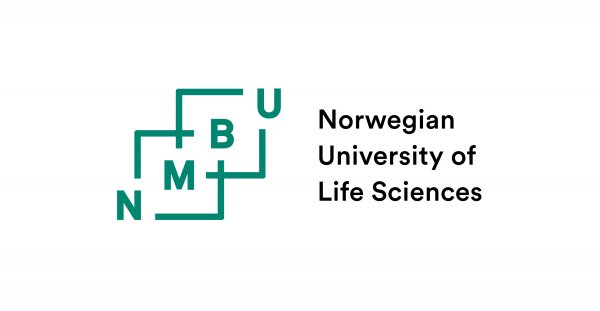Global Economy and Politics
Globalization through political, economic, social, and cultural integration is a salient feature of the modern world. However, the existing post-war multilateral institutions and international organizations are weakened and under increasing strain to remodel themselves for relevance and legitimacy to address contemporary problems. The world faces unprecedented global challenges and a series of overlapping crises that pose serious risk for the future welfare of humankind: (i) geopolitical rivalry; (ii) economic and financial instability, with the risk of increased protectionism and isolation; (iii) war, conflict and insecurity threats; (iv) climate change that is already affecting millions in the form of an increase occurrence of extreme weather; (v) pandemics and other health crises which greatly have affected and will continue to affect the global economy and the ability to find collective solutions; and (vi) international migration, pushed by the above crises, testing national economies and international solidarity.
Navigating within this global landscape requires solid knowledge about both the economics behind current and likely future trends, as well as the politics and security concerns that shape bilateral and multilateral relations and organizations in which economic interests are articulated or contested. The master’s in global economy and politics (M-GEP), jointly constructed by the School of Economics and Business together with the International Environment and Development Studies unit (Noragric) of the Faculty of Landscape and Society (LANDSAM), is a two-year English language interdisciplinary program that bridges the study of international economics and the related multilateral political institutions that govern the global economy.
The target group for the program are students interested in developing a thorough understanding of and the tools for analyzing the risks, political structures and trends that are shaping global economic interactions. The student will examine complex interactions involving national political actors, international organizations, multilateral institutions, state and non-state actors, and civil society who affect and are affected by the global economy. This includes a focus on key cross-cutting topics, such as: trade, capital and finance, development aid, remittances and labor migrants, international organizations and global policy networks, security tensions and sanctions, debt, global inequality and poverty, commodity markets, sustainability and societal wellbeing. The M-GEP will give students a solid interdisciplinary platform, resting primarily on the disciplines of economics and political science and brought into synergy through a tailored course that emphasizes political risk analysis as a cross-cutting method and analytical tool.
Entry requirements
Bachelor’s degree or equivalent in economics, business administration, political science, geography, development studies or other social sciences, environmental science or related fields. Applicants must have a minimum of two of the following courses: economics, mathematics, or statistics (quantitative methods), for example one in economics and one in statistics. Minimum Grade Point Average (GPA) is C (or the equivalent).
Applicants must demonstrate English language ability in accordance with the NMBU regulations for programmes taught in English: Language requirements for programmes taught in English at NMBU | NMBU
Entry requirements
Bachelor’s degree or equivalent in economics, business administration, political science, geography, development studies or other social sciences, environmental science or related fields. Applicants must have a minimum of two of the following courses: economics, mathematics, or statistics (quantitative methods), for example one in economics and one in statistics. Minimum Grade Point Average (GPA) is C (or the equivalent).
Applicants must demonstrate English language ability in accordance with the NMBU regulations for programmes taught in English: Language requirements for programmes taught in English at NMBU | NMBU
